Call for Papers
Call for Chapters for the edited collection, The Return to Medievalism in the 21st Century
Arising from Latin American scholarship on how decolonization might be achieved, the modern/colonial matrix of power envisioned by Aníbal Quijano, Walter Mignolo, Catherine E. Walsh, among others, defines the colonial project as one possibly confined to or arising from modernity, roughly understood as covering the last five hundred years. Furthermore, the nineteenth-century romanticizing of medieval culture (roughly understood as arising from the period that precedes modernity) became a significant weapon of colonization that saw scholars from certain countries intervening into and even reconstructing the histories and cultures of other countries as they set upon understanding all things relating to the medieval period.
With many signs that modernity and the eminence of western culture may be in decline, it is timely to consider alternatives to modernity that may improve (decolonization) or complicate (medievalism) the lived experiences of people who possess a range of identity-related concerns, including those arising from the social constructions of race, gender, and class.
How might women, people of colour, and other minorities be impacted by a decline in modernity that seems to collide at times with the ascent of medievalism? What does this trend toward medievalism foreshadow for western culture and society? Who benefits and who loses from neomedievalism?
Editors welcome proposals for an edited volume on neomedievalism, a term popularized by Umberto Eco’s 1986 essay, “Dreaming of the Middle Ages”, now used in nuanced ways according to a variety of disciplines. The collection will be interdisciplinary, so submissions from all fields are welcome. Starting points could include, but are not limited to:
- The Arts – How have medieval literary genres, art styles, music genres, etc. resurfaced in a significant way in contemporary culture, and what might be driving this embrace with medieval culture and its products?
- Economics – With what some scholars call a return to feudalism evidenced by the increasing gap between the wealthy and the poor, how might the ultra wealthy and the corporation act as city-states onto themselves, complicating our notion of statehood and challenging democratic institutions and other concepts arising from Enlightenment thought?
- Media Studies – Why did shows such as Game of Thrones and video games such as Assassin’s Creed become so popular in mainstream culture? What value does medievalism bring to understanding the world around us, and how does the internet structurally support neomedievalism?
- Urban Planning – Can the ever-growing phenomenon of gated communities and mini-mansions, and the increase of group and public housing complexes for less wealthy people, foreshadow some neofeudalistic configuration of the way we live?
- Philosophy – Periodized ways of looking at our epistemology tend to value the Enlightenment for its emphasis on rational thought and science, and for completing the western world’s movement away from medieval ways of life. What indications are there that medieval or neomedieval thought is emerging in the twenty-first century, and how does this challenge our valuation of Enlightenment thought?
- Critical Theory – Theorizing neomedievalism could produce significant tools that will allow us to better understand class and identity-related forms of oppression. How can the past allow us to better prepare for the future through the lens of medievalism?
- Political Sciences – In a globalized world where international networks and bodies mean that nations can struggle to exercise sovereignty in trade and other matters, the vestiges of medieval governance models rise to the surface. Does the western world find itself at the crossroads of abandoning democratic institutions and governance models in favour of medieval ones, and is it possible for the colonial project of modernity to find ways of decolonizing through the instrument of medievalism?
Please submit a title, 250-500 word abstract detailing your chapter and its critical or theoretical foundations, as well as the expected impacts or conclusions for the chapter, and a brief bio of approximately 250 words by January 1, 2021, to acruz@mta.ca and lbeck@mta.ca with the subject line “CFP Neomedievalism.”
The editors:
Lauren Beck holds the Canada Research Chair in Intercultural Encounter at Mount Allison University. She pursues research intently focused on questions of race, gender, and visuality in the late medieval and early modern periods. Her recent books include Illustrating el Cid, 1498-Today (2019) and Firsting in the Early Modern Atlantic World (2019).
Ailén Cruz received her Ph.D. from the University of Toronto in 2020 and is currently a post-doctoral research fellow at Mount Allison University. Her research focuses on the resurgence of the medieval bestiary in contemporary Hispanic literature. Her articles on this research are forthcoming in Hispanic Review and Revista Canadiense de Estudios Hispánicos.
